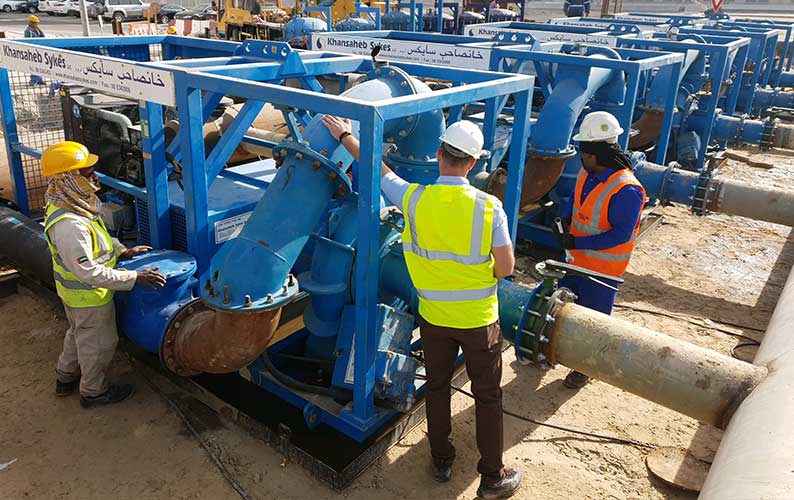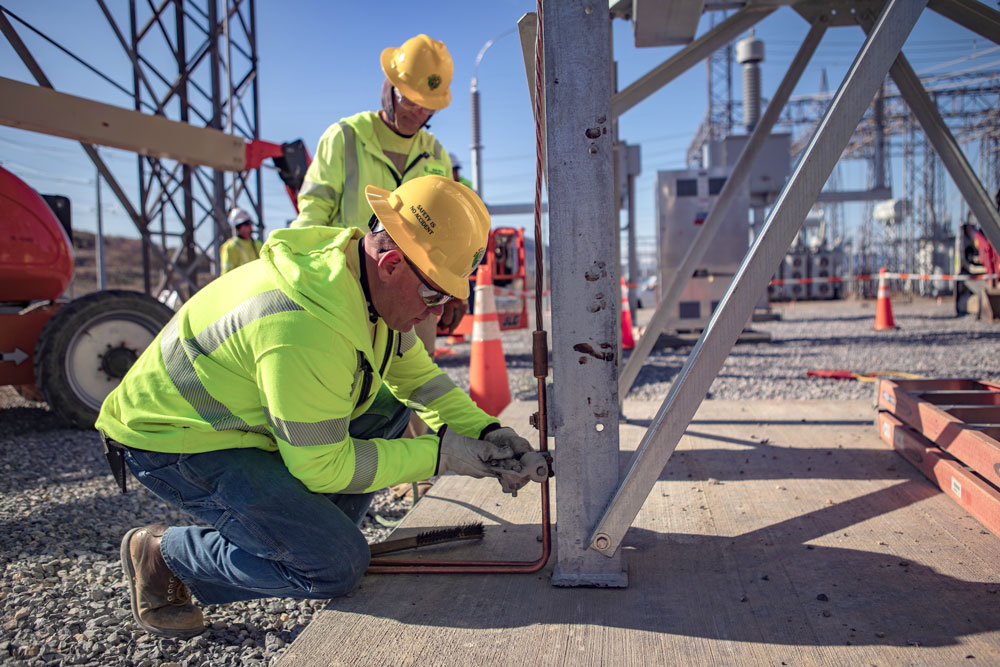
Top Industries
Quick Links
Subscribe Now
Join Thousands of Industry Leaders!
Copyright © 2025 Companies in UAE. All rights reserved.
June 12, 2025
companies.uae

The skyline of Abu Dhabi tells a structural genius tale rather than only one of wealth. Steel building is the muscle of modern engineering hidden behind the glass towers and large industrial complexes. From high-tech industrial zones to massive oil and gas facilities, steel construction engineering companies in Abu Dhabi are silently advocates of the emirate’s transition as infrastructure projects—fast rising—have emerged.
The twist is that although Abu Dhabi is seeing this steel revolution, the synergy with Dubai’s oil and gas construction industries is changing the UAE’s building, cooperation, and innovation.
Let’s explore the core of this change and find out why these businesses are so important for UAE industrial and engineering supremacy.
Steel building goes beyond warehouses and bridges nowadays. Today it runs data centers, high-rise buildings, oil platforms, stadiums, and intricate energy systems. For engineering companies focused in steel, Abu Dhabi’s ambitious drive into industrialization, smart cities, and green energy has produced a gold mine of possibilities.
Important determinants of the demand are:
These industries are intersecting with the experience of Dubai’s oil and gas building enterprises, therefore fostering a knowledge sharing that is improving building standards all around.
Although there are international competitors in steel construction, local companies in Abu Dhabi have something special—a thorough awareness of regional climate, project compliance, and sector-specific needs.
Most top-notch organizations have in-house fabrication yards, which let for quicker delivery, improved quality control, and lower project costs. Working on oil rigs, desalination facilities, or LNG terminals calls on this ability most importantly.
Working in Abu Dhabi requires following local HSE policies, ISO certifications, and ADNOC criteria—which demand top-notional performance and documentation. Businesses in this sector are skilled in dealing with EPC contractors, sometimes sharing resources with Dubai’s oil and gas construction enterprises.
Not a luxury, building information modeling (BIM) is today a norm. Particularly when deadlines are tight and stakes are high, companies here use 3D modeling, digital twins, and simulation technologies to plan and manage intricate steel constructions.
Dubai and Abu Dhabi are engineering allies not only neighbors. Abu Dhabi-based steel experts regularly fill in as fabrication and structural partners while oil and gas building businesses in Dubai lead offshore and upstream projects.
Synergy has the following as examples:
This link is especially important since both emirates get ready for UAE Energy Strategy 2050, where hydrogen-powered systems and clean energy transition depend much on infrastructure.
Although we are not calling names for competitive neutrality, the following distinguishes the leading steel construction players:
Many of these businesses also keep satellite offices in Dubai to be near to oil and gas construction companies engaged in exciting joint ventures across the Emirates.
More than just oil will define the UAE’s future; it will be shaped by innovation, cooperation, and the steel frames keeping everything together. The cooperation between steel building engineering companies in Dubai and oil and gas construction companies will define the future phase of infrastructure in Abu Dhabi as it keeps expanding its industrial footprint and Dubai reinforces its position in worldwide energy.
This is the time for enterprises looking at the Gulf, contractors, and investors to interact with these engineering powerhouses and join UAE’s most transforming decade.
All set to help to define the future? Begin with steel.
Discover top steel building engineering firms in Abu Dhabi and how they are transforming the area alongside Dubai’s oil and gas construction enterprises.

Join Thousands of Industry Leaders!
Copyright © 2025 Companies in UAE. All rights reserved.